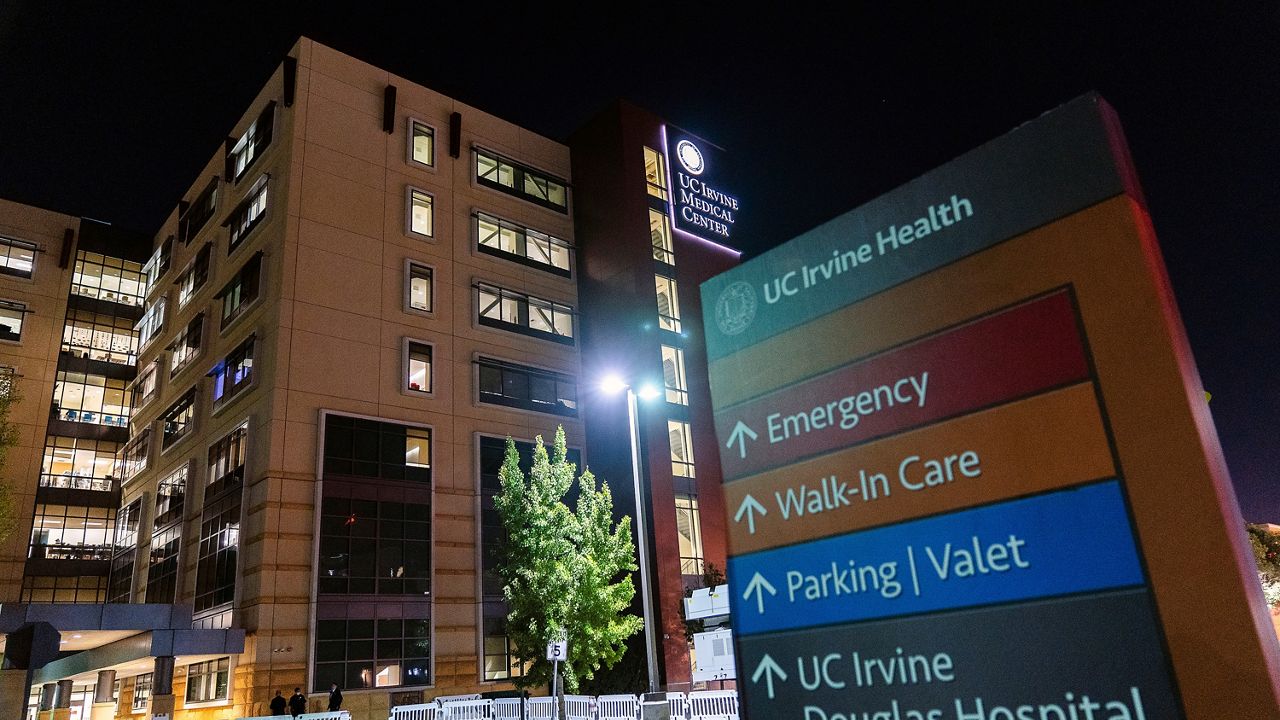IRVINE, Calif. — In the last year, the University of California, Irvine has collected $580 million in grants and contracts, allowing researchers and professors to monitor sea levels, or fund clinical trials for cancer treatments.
That figure, covering the fiscal year which ended June 30, is a marked uptick from the $213 million the university banked in 2018.
The last year was even higher, with the school recording $91 million, largely on the strength of $88 million in COVID-19 grants.
UC Irvine has been a steady and important contributor to COVID-19 research, even entering partnerships with private enterprise for use of its research. Businesses contributed $136 million, up $25 million over the previous year.
“This research funding milestone confirms UCI’s ascent among its Association of American Universities peers as a world-class research university. Our faculty, students and staff are truly excelling in an environment of tremendous competition for financial support of research and innovation,” said Pramod Khargonekar, UCI vice chancellor for research, in a news release. “These results indicate that UCI’s preeminent research enterprise will make even greater and more productive contributions to the state, the nation and the world.”
The university has distinguished itself through the money it has collected for biomedical and health sciences research ($338 million) and clinical trials ($97 million).
One grant, $675,000 from NASA, was awarded to UC Irvine and the University of Houston to monitor sandy beaches and dunes. Beach erosion is especially key in Newport Beach and other coastal cities in Orange County which have needed new sand for years.
The university also received money for stem cell research. Aileen Anderson, director of UCI’s Sue & Bill Gross Stem Cell Research Center, was the recipient of $5.5 million awarded by the California Institute for Regenerative Medicine. The money is intended to aid in research of of a new therapeutic for chronic cervical spine injuries.
The university reports that the $580 million is the second most in school history.



